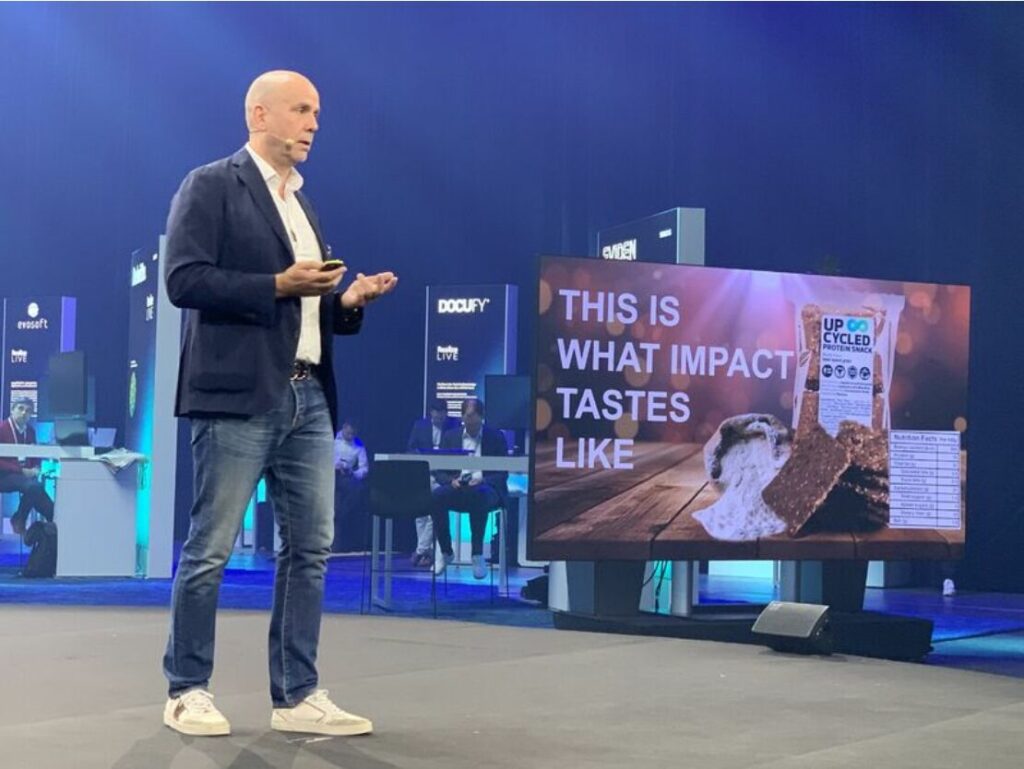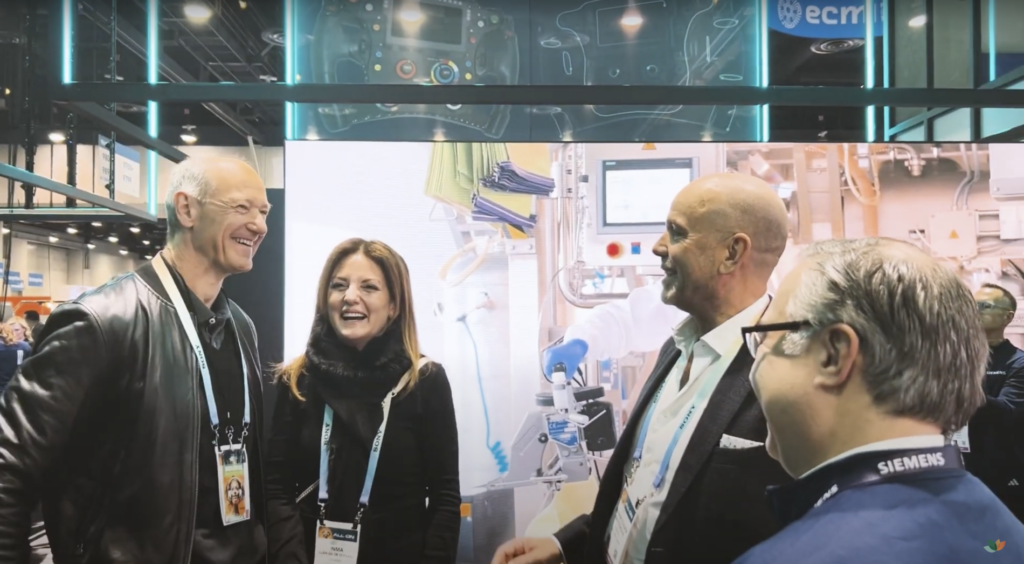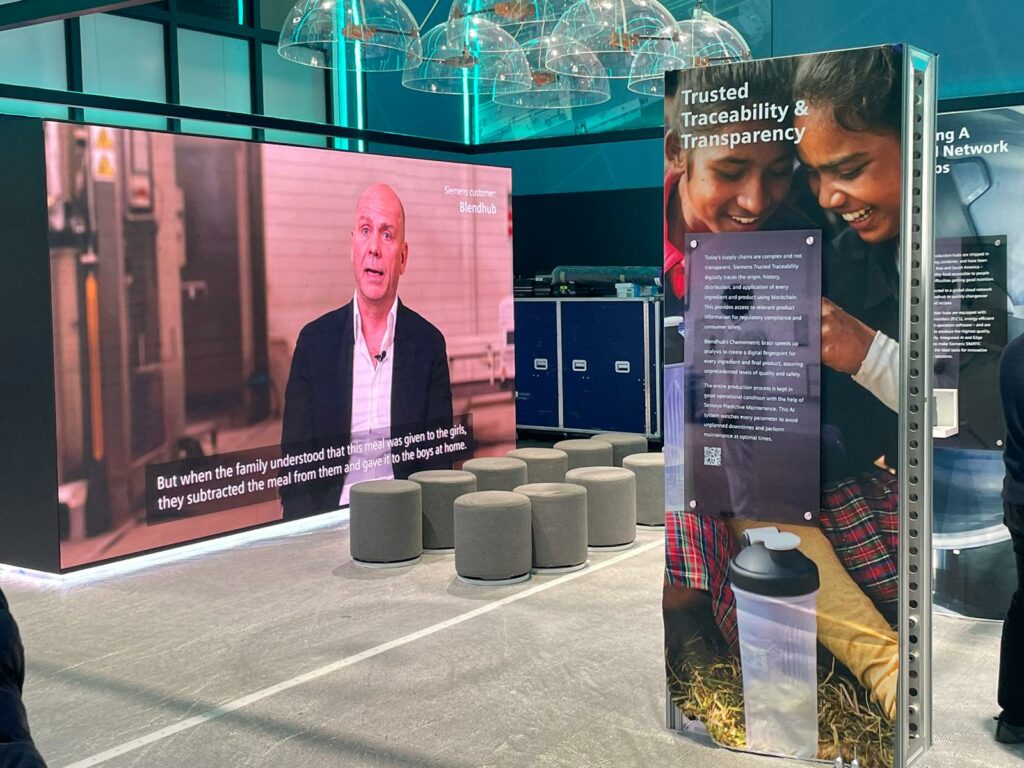Steve Shapiro is a well known Innovation Evangelist. In the video below, he talks about Open Innovation. He focuses on the importance of a good formulation of the challenges to take the most of platforms.
One of the things he talks about is how beneficial it is to spend time considering the concrete needs for innovation of a company. He gives an example as explanation:
During the oil spill in the Gulf of Mexico, BP created an open innovation website to ask people solutions to stop the oil spill. They got 80.000 responses, and just 100 of the 20.000 that they assessed were valuable.
The way Open Innovation was used in this context created more noise in the system than necessary, as Shapiro highlights.
Accelerating the process with a well defined Open Innovation challenge
One of the big advantages of Open Innovation is the speed it gives to the innovation processes. However, to benefit the most from it, requires a company to define the challenges in the right way. That means asking the questions in a way that provides solutions and creates value for the company. It is also necessesary to make people stop submitting ideas that don’t follow the organization’s criteria.
According to Shapiro, it is better to invest the time to define an Open Innovation challenge instead of investing it in analyzing solutions.
In the video, of around 20 minutes, he also talks about other cases of Open Innovation and about the importance of diversity for innovation and integrating different types of knowledge.



